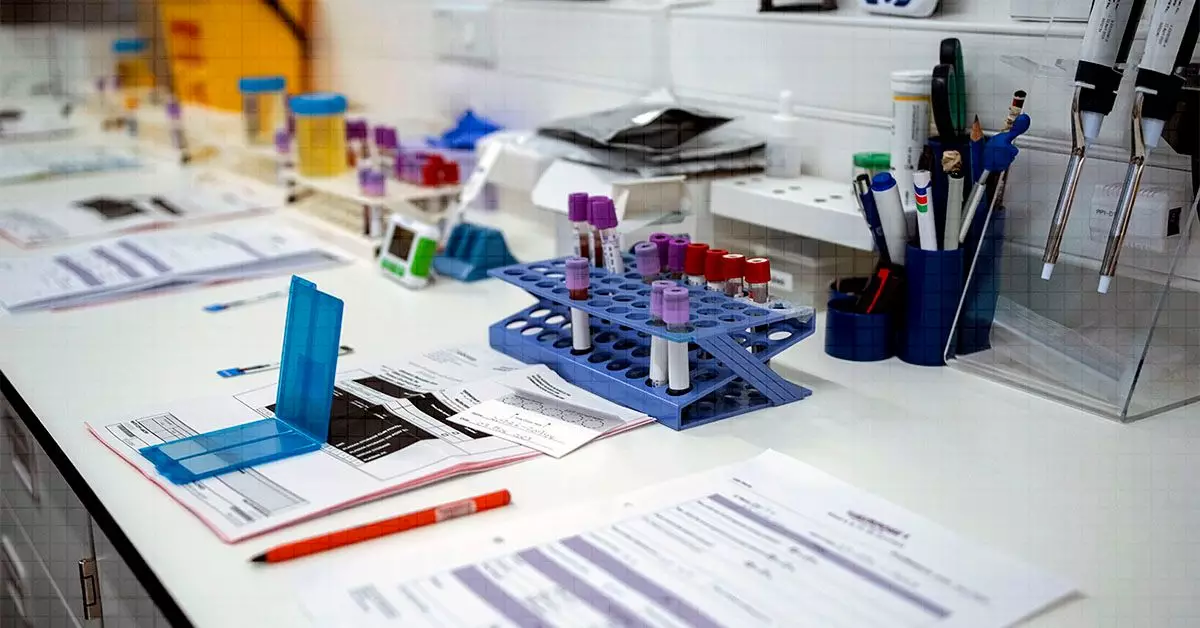Colorectal cancer often lurks unnoticed, especially in its initial phases, when symptoms are minimal or completely absent. However, a recent 2023 study uncovered alarming trends indicating that younger adults, particularly those under 50, are increasingly facing this grave diagnosis. The typical indicators—such as abdominal discomfort, irregular stool patterns, rectal bleeding, and unexplained weight loss—are not just minor health inconveniences but potential red flags pointing to a serious threat. Surprisingly, most individuals diagnosed in this age group already exhibit multiple symptoms and have advanced cancer at the time of their first medical consultation.
Distinct Needs: Younger Patients vs. Older Adults
What’s particularly striking is that the manifestation of symptoms in younger adults can diverge from those seen in older populations, underscoring the importance of tailored healthcare approaches. The presence of symptoms that mimic less serious gastrointestinal issues like irritable bowel syndrome or gastritis can lead to misdiagnosis and delayed treatment. Unfortunately, this blurring of lines may cause younger patients to underestimate their symptoms, potentially jeopardizing their health outcomes.
Healthcare professionals must remain vigilant and proactive in addressing these unique symptom presentations. Awareness campaigns targeting younger demographics could prove crucial in reshaping perceptions about the risks of colorectal cancer, empowering individuals to seek medical advice sooner rather than later.
The Imperative of Screening: A Lifesaving Initiative
Screening is fundamental to early detection, which is vital for improving recovery rates and outcomes for colorectal cancer patients. The American Cancer Society has revised its guidelines, now recommending that individuals with average risk begin regular screening at 45—a shift reflective of the rising incidence among younger populations. For those identified as high-risk, earlier screening could be lifesaving. Identifying risk factors—ranging from genetic predispositions to lifestyle choices—is critical in determining an appropriate screening schedule.
Innovative screening methods are available, offering hope for catching cancers at earlier stages when they are most treatable. However, there remains a critical need for increased discussions between healthcare providers and patients about these screening protocols.
Breaking the Stigma: Facing Colorectal Cancer Head-On
Stigmas surrounding colorectal health can deter younger individuals from acknowledging their symptoms or seeking necessary medical intervention. Education and open dialogue around colorectal cancer are of utmost importance to tackle this issue. By breaking the silence and encouraging discussions regarding symptoms, preventive measures, and screening, younger adults can take control of their health.
It is vital for society to foster an environment where people feel not only informed but also empowered to talk openly about their gastrointestinal health. Colorectal cancer may not be a topic that everyone readily wants to engage with, but the cost of silence can be devastating. In a world where health literacy is paramount, understanding and prioritizing colorectal health should be part of our collective mission.

